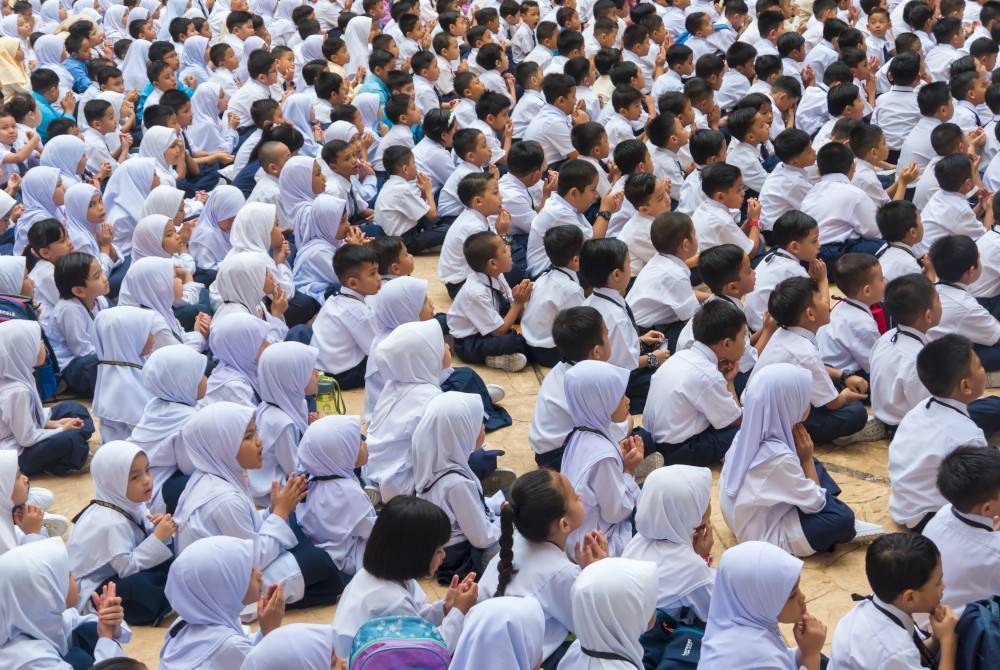Education in Malaysia must align with 21st-century standards - National education laureate
External input essential for education reform in Malaysia

SHAH ALAM – A national education laureate has emphasised the need for continuous adaptation and improvement in Malaysia's education system.
While acknowledging the importance of stability, Tan Sri Alimuddin Mohd Dom has stressed that the system must evolve to meet the demands of a rapidly changing world.
He stressed that education was moving towards digitalisation, with a focus on information technology (ICT), artificial intelligence (AI), STEM (Science, Technology, Engineering, and Mathematics), and English language development.
“In the past, we used blackboards, then whiteboards, and now we have more advanced electronic tools.
"Some schools have already begun using notebooks, eliminating the need for textbooks and outdated materials.
“Changes are essential because education is dynamic. It evolves with the times, responds to global needs, and aligns with 21st-century educational standards,” he stated in a statement on Thursday.
Recently, a discussion from Sinar Harian’s latest roundtable discussion programme suggested that the national education system should be consistent and avoid constant changes.
The roundtable discussion was a resolution-based discussion titled “Malaysian Education System: After 60 Years, Where Did It Go Wrong?”, addressing the challenges and improvements needed to align the education system with current transformations.
The discussion, hosted by former Education Ministry (MOE) Secretary-General Tan Sri Dr Zulkurnain Awang, featured a panel of experts, including former Education Minister Datuk Dr Mohd Radzi Md Jidin, former Higher Education Deputy Minister Datuk Dr Masrizal Muhammad, and University of Nottingham Malaysia School of Politics and International Relations Associate Professor Dr Tricia Yeoh.
In a related matter, Alimuddin added that educational changes should stem not only from educators but also from external input, including suggestions from parents and the community.
“The ministry has a policy research department, so I believe they will conduct studies before implementing any changes, based on needs. All efforts are made for the benefit of our future generations,” he said.
“We should fully support the government. It’s not as if there are monthly changes to our education system.”
He stated, however, that not everything required change. Some areas should remain consistent to prevent confusion among educators, parents, and students.
According to him, the ministry already had a written policy that clearly outlined education-related matters.
“It would be wrong to act against the laws and regulations established,” he added.










